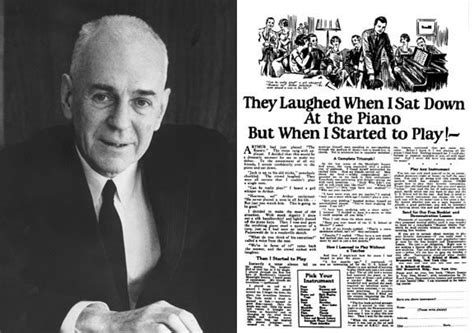A Quote by Mike Davidson
Because the competitive landscape of the web is such that the site which looks and works best gets the most traffic, developers and designers put a premium on the presentation of that content and let structural markup take a back seat.
Related Quotes
Campaign analysts say that Dean has produced the most innovative web site in this year's presidential race. I particularly like today's blog, which consisted of the sentence 'I hate myself,' typed four billion times. In Dean's case, this may be the first instance where the actually entity represented by the web site has crashed more often than the site did.
We tend to think of Steam as tools for content developers and tools for producers. We're just always thinking: how do we want to make content developers' lives better and users' lives a lot better? With Big Picture Mode, we're trying to answer the question: 'How can we maximize a content developers' investment?'
An electronic paper has infinite space because you can bring forth as much content as a reader wants. And the resolution of ads is very high. And when you touch the ad you can interact with the advertiser and the paper will take you to the advertiser's Web site and you can get more information. So ideally there should be a better connection between the ads you're shown and what you're actually interested in.
Times of economic crises can change what the competitive landscape looks like, because when, for example, you have boom times, capital is easy to come by, growth is easy, sometimes what you focus on is, you know, how to accelerate in the boom. During economic crises, the question is, the companies that come out of, you know, that are sailing through that with the best liquidity, both assets on the balance sheet, making money, ability to grow their businesses, get a disproportionate competitive advantage.

































